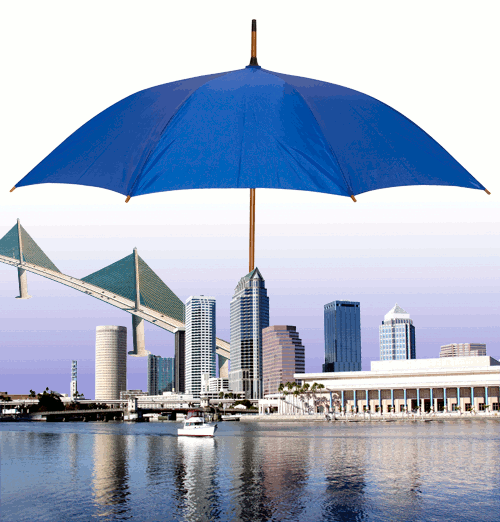Publication Year
2020
Abstract
The main goal of this paper is to introduce an imitated prosthetic leg model by analyzing the applied forces. Even though the model is based on the idea of a prosthetic leg, it is also applicable to people without disabilities. The same concept of the model can be seen in the circus, where a person maintains a balanced state while on an incredible height without falling. When all the applying forces in the system are calculated, the design achieves the ideal state which allows it to function most effectively. One of the essential factors applied to the imitated prosthetic leg model, that causes a great impact on the human body’s movement, is torque. Torque is proportional to the spinning force that tends to cause rotation about a certain axis. Therefore, the paper also focuses on the idea of moment of inertia and center of mass to estimate torque. The density of different materials is also considered and compared in order to provide insights as to which would be the most effective.
Recommended Citation
Nguyen, Dang
(2020)
"Prosthetic Leg Model,"
Undergraduate Journal of Mathematical Modeling: One + Two:
Vol. 10:
Iss.
2, Article 2.
DOI: https://doi.org/10.5038/2326-3652.10.2.4915
Available at:
https://digitalcommons.usf.edu/ujmm/vol10/iss2/2
Creative Commons License

This work is licensed under a Creative Commons Attribution-Noncommercial-Share Alike 4.0 License.
Included in
Advisors:
Arcadii Grinshpan, Mathematics and Statistics
Dmitri Voronine, Physics
Problem Suggested By:
Dmitri Voronine, Physics


